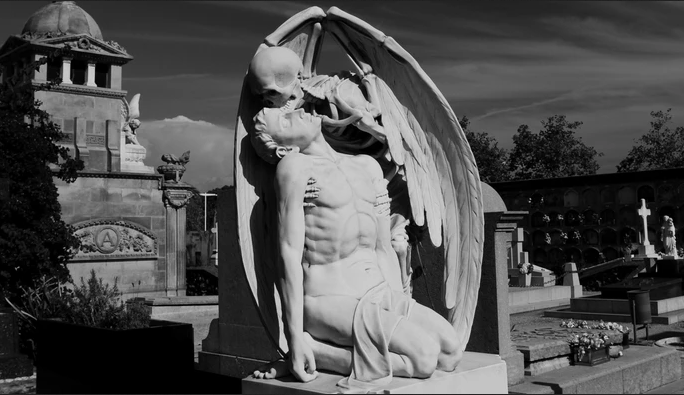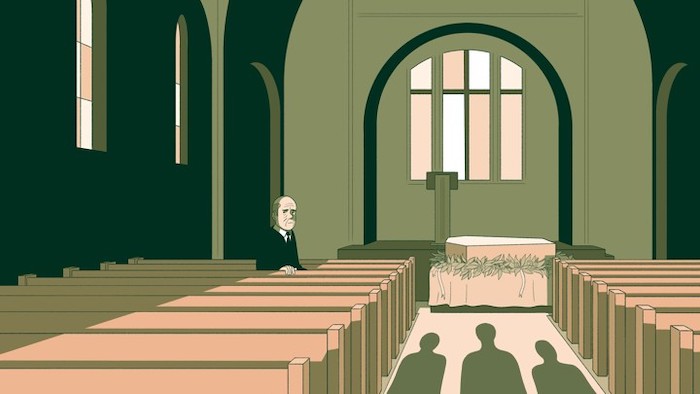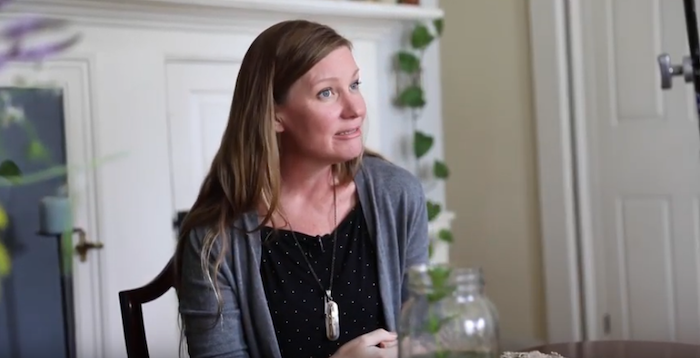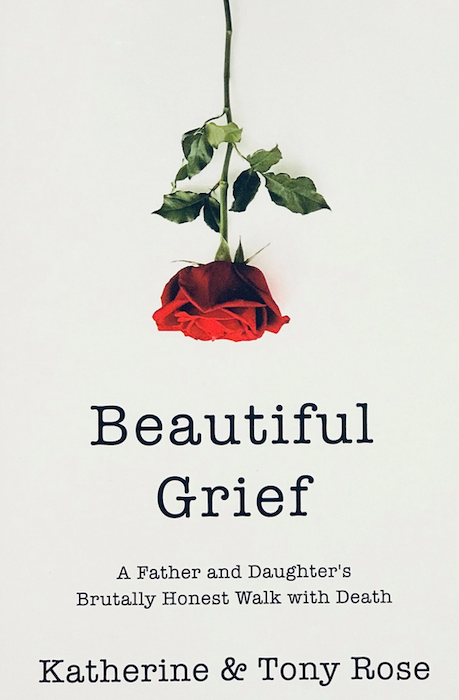Craving sex is an awkward but deeply human response to one of life’s worst moments.
Death is, in general, a bummer, and there’s nothing really “sexy” about it. Yet some percentage of people find themselves improbably motivated to fuck as they mourn the loss of a loved one. It turns out that grief, the emotion that should be the least horny, is actually…quite horny.
This is kind of an uncomfortable premise, which could perhaps explain the (very disappointing!!!) lack of substantial, peer-reviewed research on this topic. (One of the only studies in the horny grief vein focuses on “sexual bereavement,” and basically just establishes that people who lose their long-term sexual partners will miss the feeling of sex, and not just the person they shared it with.) Therapists and sex researchers, though, say it’s a normal and fine thing to feel inexplicably horned up after someone close dies. “It’s really about filling the void — literally and figuratively,” Patti Britton, a clinical sexologist and sexuality educator, told Mel Magazine in 2018. “The grief trajectory is about a loss of closeness — a loss of intimacy. That’s why our libido kicks in: To fill that void.”
This makes sense. Living through the death of a loved one can put people in a very YOLO state of mind; faced with the fleetingness of life, you may as well bone while you can. It’s like humping away as the world burns around you (which is…kinda what we are already doing right now). Life will end, and so perhaps the way to feel most alive (at least for some people) is to smoosh your parts against another warm-blooded person.
But beyond filling a void, grief sex is also a pretty solid distraction from the pain and/or numbness that death brings. “The body becomes quite broken [after a death], and having sex— decent sex—drives the dopamine system,” Helen Fisher, a biological anthropologist and senior research fellow at the Kinsey Institute, told VICE. “Any stimulation of the genitals drives the dopamine system in the brain, which gives feelings of optimism, energy, focus, and motivation.” The flood of dopamine can, at least for a little while, calm you down, Fisher explained.
Writer Anjali Pinto echoes this theory in an April 2018 essay she wrote in the Washington Post. Writing about the string of sexual encounters she started five months after the sudden death of her husband, Pinto describes a “rush of feel-good chemicals [that] created an overwhelming sense of happiness, even amid my loneliness.”
But more than the biological thrill of the dopamine hit that comes from good, consensual sex, Pinto wrote that seeking out casual flings with strangers gave her a sense of control in an otherwise bleak time. “Having sex with strangers healed me in ways that therapy, friendship, travel, writing and photography could not,” she writes. “These encounters made me feel empowered, desirable and more in tune with my body. They gave me agency when my life felt out of my control.”
Of course some people in “””polite society””” are going to poo-poo the banging of strangers (or banging anyone, TBH) in the aftermath of a major traumatic event, Pinto noted. Sex, especially when a woman is doing it, is still just taboo enough to feel like a manic response to a bad thing. But, I don’t know, man… losing a spouse is like a top-five bad thing that can happen to a person. Losing any loved one is. Barring legitimately destructive or dangerous behavior, it sort of seems like someone going through that hell of an experience should be able to do whatever it takes to feel better. As the saying goes, ‘Everyone grieves differently.” And experts say that some people grieve by boinking. That seems, in the grand scheme of things, very fine.
Complete Article ↪HERE↩!








